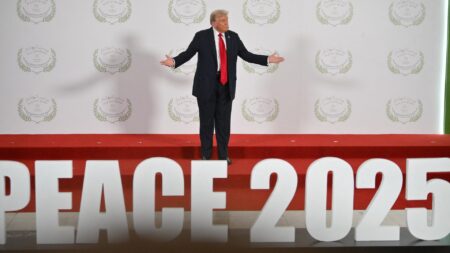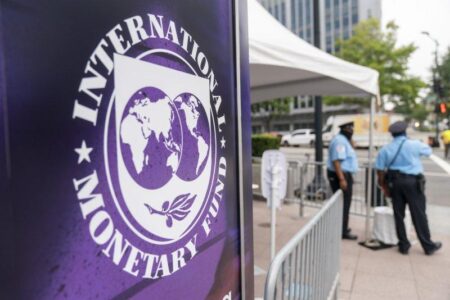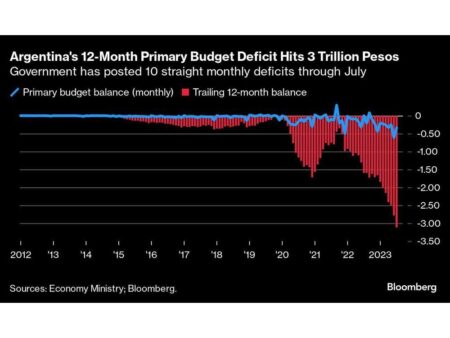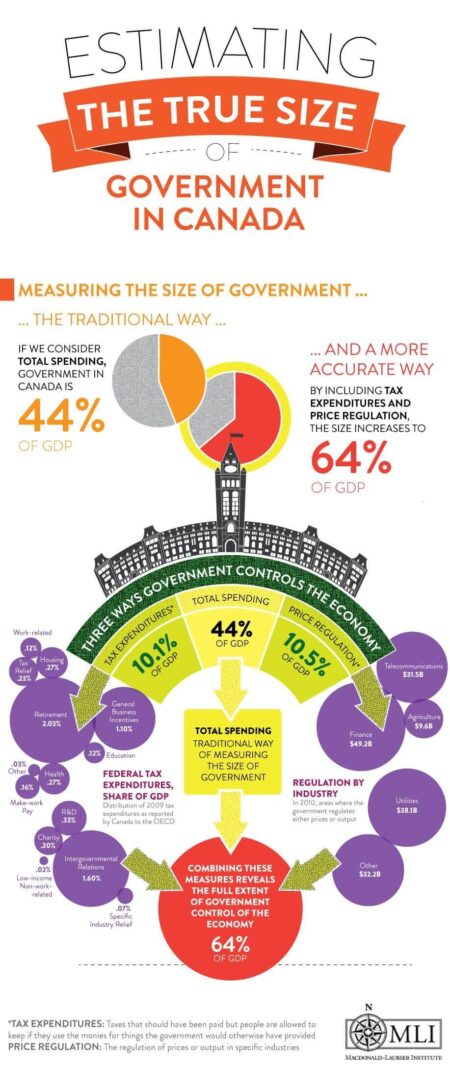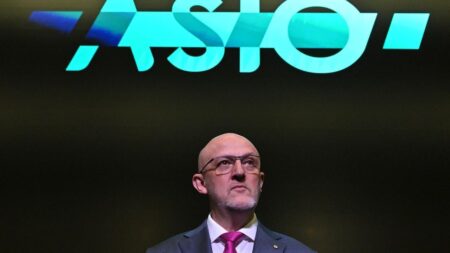Russia is preparing to tap into its National Wealth Fund at a breakneck pace as oil and gas revenues plunge dramatically. This daring strategy aims to stabilize the economy amid falling energy prices and escalating sanctions, The Moscow Times reveals
Browsing: government spending
Argentina’s Congress has just approved the 2026 budget, ushering in an exciting new era as the very first under President Javier Milei’s leadership. This landmark decision paves the way for a bold transformation in fiscal policy, showcasing Milei’s unwavering commitment to confronting the nation’s economic challenges head-on
Japan is gearing up to turbocharge its investment in semiconductor and AI development, with ambitious plans to quadruple its budget. This bold move aims to boost homegrown technology and dramatically reduce reliance on overseas suppliers, officials revealed. The initiative is a key part of Japan’s broader strategy to lead the fierce global tech race and build stronger economic resilience
France teeters on the edge of a government shutdown as budget talks collapse, igniting fears of a crisis echoing recent US shutdowns. Officials are racing against the clock to reach an agreement and safeguard essential public services from disruption
Labor Minister Don Farrell claimed $9,000 in expenses for family trips linked to sports events and theatre shows, The Guardian reports, igniting a heated debate over the appropriate use of taxpayer funds
The OECD urges Spain to bolster its fiscal buffers by implementing resilience-building measures, safeguarding the economy against future shocks. The organization emphasizes that strong public finances are crucial for driving sustainable growth
Spain’s budget deficit is set to fall below Germany’s for the first time in nearly 20 years, signaling a stunning shift in the Eurozone’s fiscal dynamics, reports the Financial Times
Japan’s government has given the green light to a massive 21 trillion yen economic stimulus package, spearheaded by fiscal dove Prime Minister Takaichi. This bold move aims to spark robust growth and confront global uncertainties head-on, Kyodo News reports
Japan’s finance minister has unveiled a bold stimulus package exceeding $110 billion, aimed at sparking a powerful economic recovery amid global uncertainties, Nikkei reports. This decisive move underscores Tokyo’s unwavering commitment to fueling sustained growth, Reuters adds
Former President Donald Trump’s budget priorities have sparked intense debate, drastically cutting U.S. health care funding while dramatically boosting financial aid to Argentina. Critics are sounding the alarm over these bold and surprising global spending choices by the administration
In a recent MSNBC segment, Joe boldly questioned the $20 billion aid package to Argentina, sparking a heated debate over potential cuts to domestic health care. This controversy highlights the intense struggle between supporting international aid and tackling urgent challenges right here at home
France is facing mounting fiscal pressures as its debt climbs and economic growth slows to a crawl. Experts suggest that Italy’s recent budget reforms and stringent austerity measures offer valuable lessons that could help Paris stabilize its economy and regain the trust of investors
Russia’s 2026 budget reveals steeper tax hikes designed to power an ambitious military expansion amid the ongoing conflict. Experts warn that this increased financial strain on citizens highlights the Kremlin’s unmistakable decision to put defense spending ahead of domestic needs
Italy is firmly committed to keeping its budget deficit at 3% of GDP this year, showcasing a resolute dedication to fiscal discipline amid ongoing economic challenges. This goal aligns seamlessly with EU guidelines, carefully balancing the drive for growth with prudent debt management
Deutsche Bank calls on Germany to unleash its full fiscal strength to invigorate the economy during these uncertain times. Experts highlight that strategic government support is crucial to safeguard the bank’s stability and drive its growth forward
Argentina’s draft 2026 budget boldly champions fiscal balance while significantly ramping up social spending, highlighting the government’s commitment to economic stability and enhancing social support amid these challenging financial times
A fresh analysis sets Canada and the U.S. head-to-head in a dramatic showdown over government spending, asking: which nation is the real budget “basket case”? Skyrocketing deficits and growing debt fuel a fiery debate on fiscal responsibility across North America
Michigan Gov. Gretchen Whitmer is gearing up for an exciting trip to Japan and Singapore just before the state’s budget deadline, with a mission to boost international partnerships and drive economic growth, The Detroit News reports
Espionage siphoned an astonishing $12.5 billion from Australia’s economy in 2023-24, disclosed ASIO chief Mike Burgess. This dramatic increase underscores growing concerns about national security and foreign interference
China is investing billions of dollars into artificial intelligence, driven by a fierce ambition to become a global leader. Experts believe this bold strategy is designed to outpace rivals in advanced technology, military power, and economic growth










